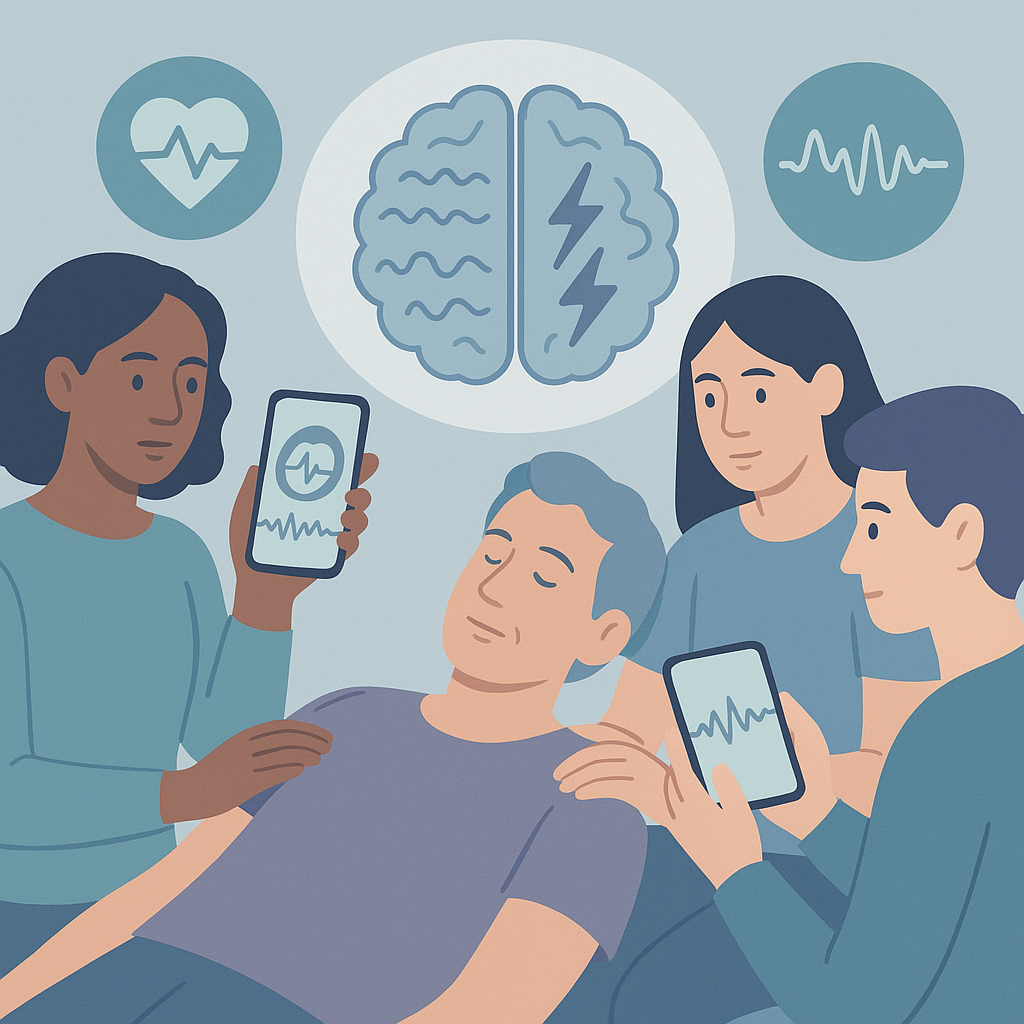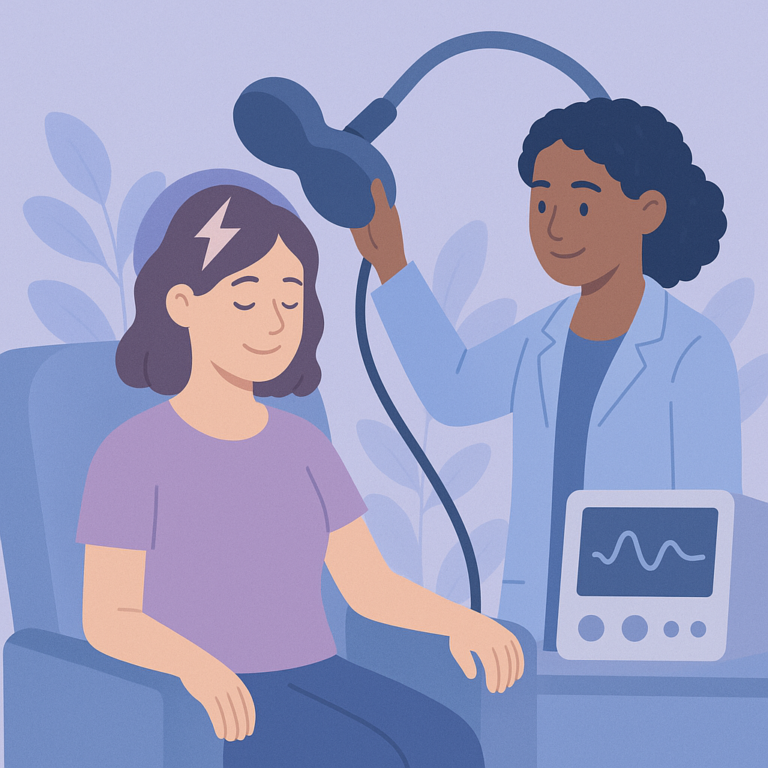Smartphone Tools Help Diagnose Epileptic Seizures
Summary
Researchers conducted a systematic review and meta-analysis to explore how smartphone-based tools can help diagnose epileptic seizures. They looked at various studies that involved people with epilepsy and examined the effectiveness of these smartphone interventions. The goal was to see if using smartphones could improve the accuracy and speed of diagnosing seizures.
The main finding of the research was that smartphone-based interventions can be helpful in diagnosing epileptic seizures. The analysis showed that these tools could potentially increase the chances of correctly identifying seizures compared to traditional methods. However, the exact size of this improvement varied across different studies, and more research is needed to confirm these results.
This research is important because it suggests that smartphones could play a role in making seizure diagnosis easier and more accessible for patients. However, it is essential to note that the studies reviewed were small and observational, meaning they did not involve large groups of people or controlled experiments. Therefore, while the findings are promising, they should be interpreted with caution until more robust studies are conducted.
Related reading
- First-Line Seizure Medications Work Similarly for Children
- Pregnancy Outcomes for Individuals With Epilepsy
- Phenytoin’s Impact on Driving Safety and Performance
- Using Anticonvulsants to Improve Outcomes After Cardiac Arrest
- Levetiracetam as First Choice Treatment for Non-Convulsive Status Epilepticus
- Comparing Two Drugs for Children With Severe Seizures
Free: Seizure First Aid Quick Guide (PDF)
Plus one plain-language weekly digest of new epilepsy research.
Unsubscribe anytime. No medical advice.





